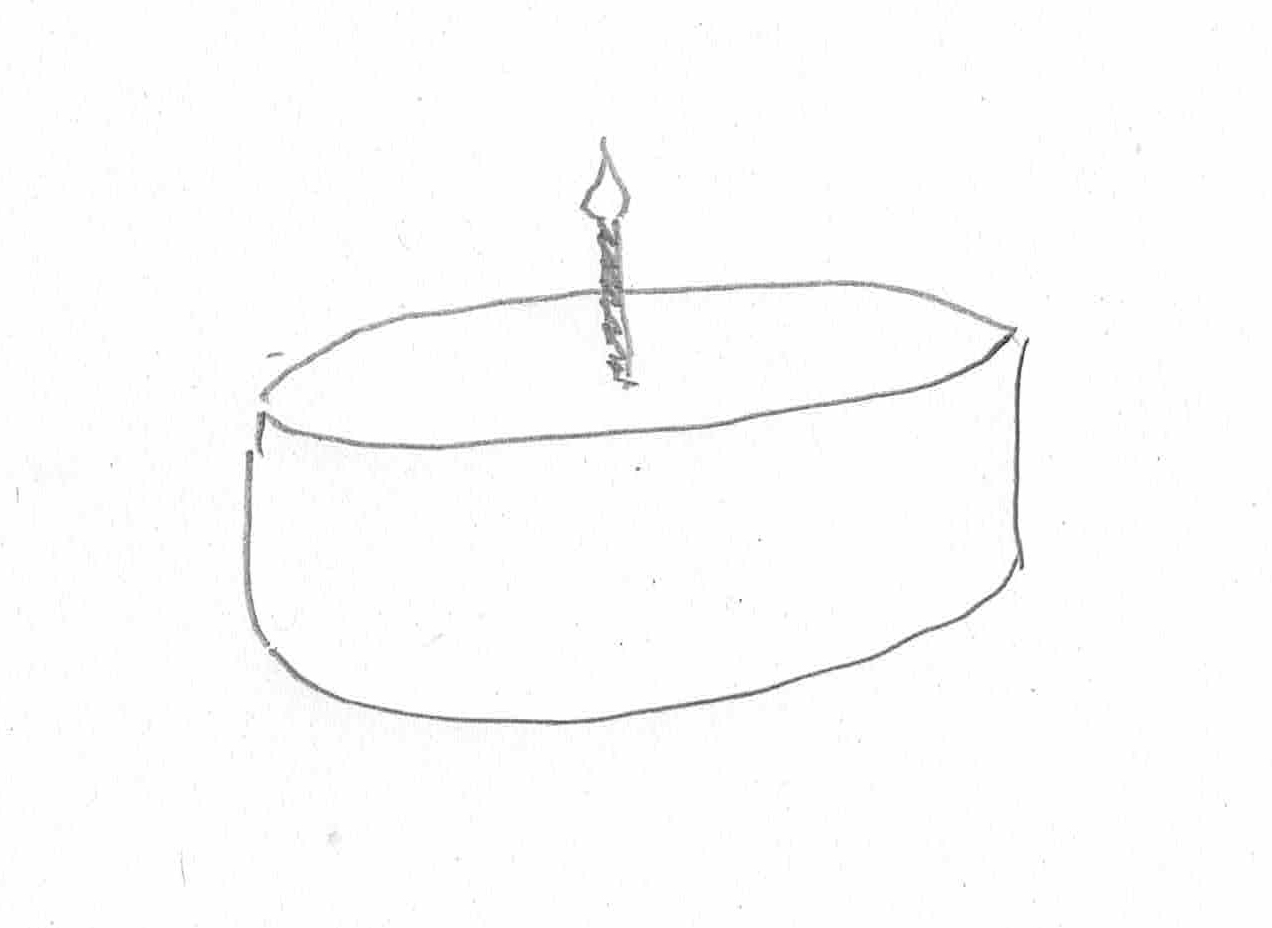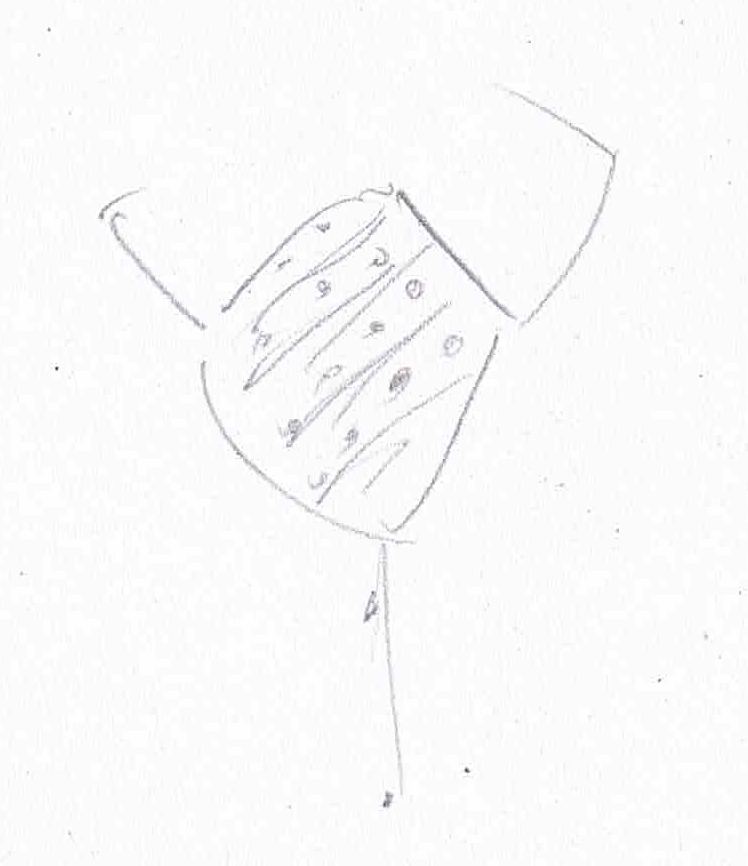 Last Thursday, I turned 54. Generally speaking I don’t think about age – it’s irrelevant. Time passes, you get older, the end. Deal with it. Not far from home is a plastic surgery emporium that often I walk the dog past, and I think, why the fuck.*
Last Thursday, I turned 54. Generally speaking I don’t think about age – it’s irrelevant. Time passes, you get older, the end. Deal with it. Not far from home is a plastic surgery emporium that often I walk the dog past, and I think, why the fuck.*
One of my absolutely favourite albums is Sinatra at the Sands. In ‘The tea break (Monologue)’ Sinatra says, ‘Now I guess that you folks have heard or read or have been told somewhere that recently I became fifty years old and I’m here to tell you right now it’s a dirty communist lie. Direct from Hanoi – it came right out of there. My body may be fifty, but I’m twenty-eight. And I would further like to say that I’d be twenty-two if I hadn’t spent all those years drinking with Joe E. Lewis. Who nearly wrecked me. Remember the words of Joe E. Lewis, who said, “A friend in need is a pest.”‘
I remember being 28: I’d just finished the PhD and was off to live in Sydney with Sall. I’d just recorded the music that makes up This autumn year. It was a beautiful time, but I don’t want to go back to it; I’m happy to remember it with thanks. I wouldn’t go back even if I could because so many amazing things have happened since then and I know a lot more than I did then.
Because that’s the benefit of getting older: you’ve experienced more, you’ve felt more, you’ve learned more.
My wife and our kids gave me a birthday card that read, ‘You are handsome. You are smart. You are old.’ Luci was teasing me about this a couple of evenings later and I had to say, ‘I’m not as old as her,’ because Sall was born a month before I was. Then Sall said, ‘or as smart, or as handsome!’ with which I had to agree.
*Obviously plastic surgery is sometimes desperately needed, and for medical reasons. Taking nothing away from plastic surgeons who do this type of work, of course.
29/x/2025
 A post about something that isn’t music, but that is all the same dear to my heart: wardrobe.
A post about something that isn’t music, but that is all the same dear to my heart: wardrobe.
I was at work a little while ago, where I meet Sall’s patients, and that day I suited up. That motivated this post. Some time before that I went to a fabulous dinner at the parish where I work in St Kilda, playing the organ (i.e. I play the organ there on Sunday mornings rather than at dinner) and I wore a suit and an overcoat and my black hat (which is actually an Akubra that they call a Bogart. Strange but true.). Also, I wore a cravat, as I had at Sall’s work, because in recent years I have fallen in love with cravats and I think they are desperately underrated. They draw comments something like in November when I’m growing a moustache, and they start conversations, and people tell me of their distant grandfather or whoever who always wore a cravat. They compliment me on having thought of it, and I’m pleased.
My first cravat was hand-made for me by my mother-in-law, but since then I’ve found a few vendors who have them available so now I’ve a repertoire and can vary with mood or weather or whatever.
Ties are good, and I have a few crackers that I’ve enjoyed to wear over the years. They’ll have their turn again, to be sure, and I’ll vary the knots – half Windsor usually but occasionally a full Windsor – but at the moment it’s cravats all the way for me. A bow tie is also dependable, provided you’ve tied it yourself (and there’s no mystery here boys: it’s a bow). Long ago, at school, when we went to formals if you’d tied your own bow tie then at the end of the evening you could untie it and the ends hanging down around your neck were – well, are there words? You thought you were in a 1960s Fellini movie. (News flash: you weren’t. You were also probably very, very drunk. But God almighty, you were having fun.)
Here’s another thing: cufflinks. If you’ve ensured that your shirt isn’t swamped by your jacket sleeve, then your ’links will be visible. Make ’em shine! Most of mine are Jensen, although not all; one of my most precious pairs was given me by my brother when he was married because I agreed to sign the document, and in fact I wore them to dinner in St Kilda. I love the trouble it takes to tie your sleeves before you emerge. So often I’m merely rolling ’em up, but even buttoning is a thing. Because
There is also: the
Okay I thought there was a word for it but the best with which I could come up was ‘the bands’. That seems ridiculously boring; these elasticised items go just above the elbow and permit you to draw your shirt sleeve up just so it isn’t all over your hand. It keeps the cuffs cleaner, of course, and that’s good; also – in fact there’s nothing else. That’s it. Our local menswear store has ceased to stock bands so when I needed to replace my ancient ones I had to go to Fairfield to a shop with a very chatty gentleman who saw the Beatles in 1964 and needed me to know about it. (They will also make the security gate ping when you go to court or try to get on an aeroplane. That is tedious but worth it.)
So hoping your trouser leg gets just over the shoe, and that your jacket is fastened when you stand but loose when you sit, and that you always pat your face dry, that’ll be all for now.
25/ix/2025
 Last Thursday, I turned 54. Generally speaking I don’t think about age – it’s irrelevant. Time passes, you get older, the end. Deal with it. Not far from home is a plastic surgery emporium that often I walk the dog past, and I think, why the fuck.*
Last Thursday, I turned 54. Generally speaking I don’t think about age – it’s irrelevant. Time passes, you get older, the end. Deal with it. Not far from home is a plastic surgery emporium that often I walk the dog past, and I think, why the fuck.*